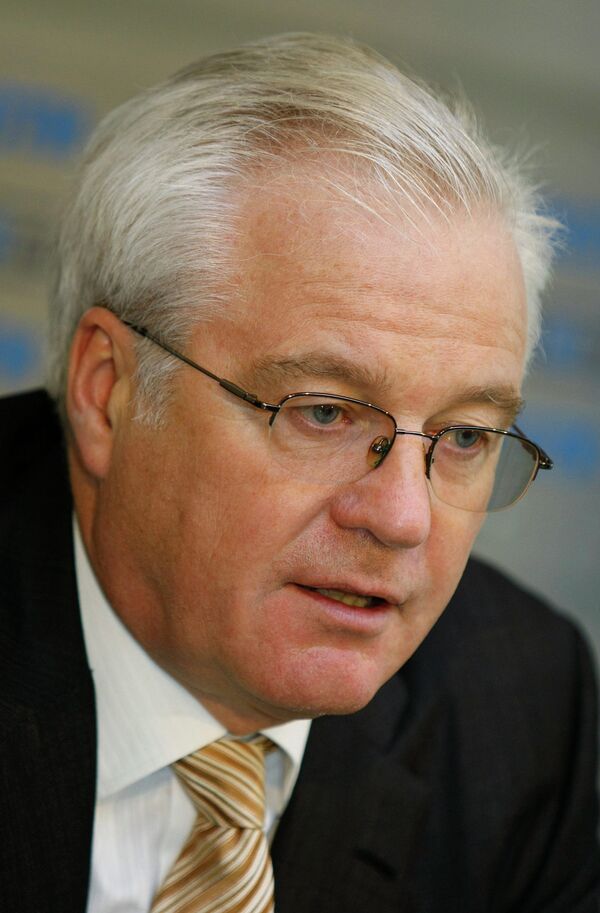Russia is planning to increase its donor contribution to the UN program on the fight against the Afghan drug threat, Russia's envoy to the UN Vitaly Churkin said.
Afghan drug production increased dramatically after the U.S.-led invasion that toppled the Taliban in 2001, and Russia has been one of the most affected countries, with heroin consumption rising steeply. An estimated 90% of heroin consumed in Russia is trafficked from Afghanistan via Tajikistan and Uzbekistan.
"Russia intends to significantly increase its contribution to a special anti-narcotics program for Afghanistan implemented by the United Nations Office on Drugs and Crime (UNODC)," Churkin said Wednesday at a UN Security Council's meeting on Afghanistan.
The Russian diplomat did not specify the amount of the additional donation.
Voluntary contributions to the activities of UNODC are provided by governments, consisting of major and emerging and national donors, UN Agencies, Inter-Governmental Organizations, International Financial Institutions (IFIs) and private donors, including private sector entities and foundations.
According to UNDOC data, Russia, which accounts for 1.2 percent of the UN regular budget, provided $500,000 last year in general support of UNDOC activities.
Other Russian contributions to the fight against the Taliban in Afghanistan include the supply of small arms for Afghan police, the delivery of Mi-17 helicopters and crews to train Afghan pilots, Russian assistance in training Afghan national security forces, increased cooperation on border security, and improved transit and supply routes for NATO forces.
UNITED NATIONS, December 23 (RIA Novosti)


